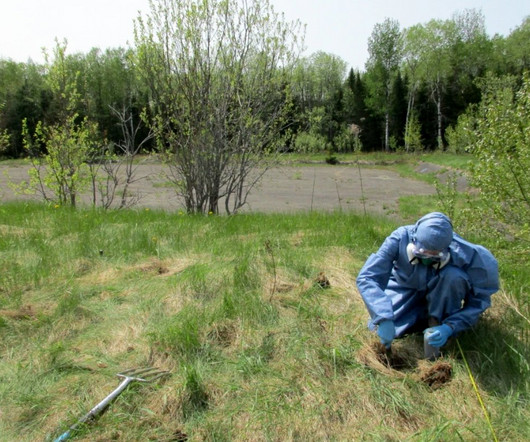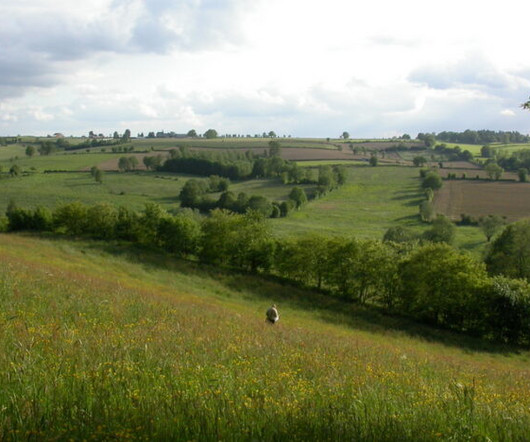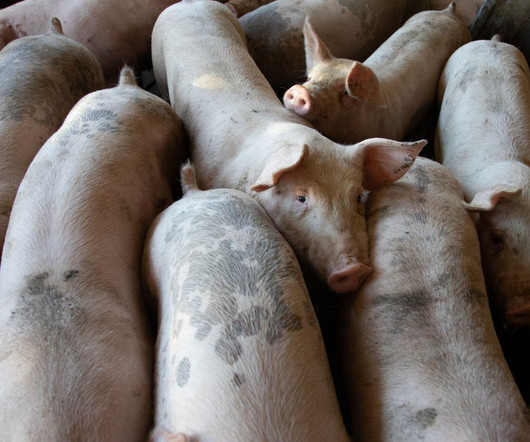When Not Farming is the Best Use of Land
Modern Farmer
JANUARY 19, 2024
Not all farmland is created equal,” says Jesse Womack, a conservation policy specialist with the National Sustainable Agriculture Coalition (NSAC). Photography submitted by Delta Farmland & Wildlife Trust. In general, permanently retiring farmland has much better benefits for the climate than even working lands with conservation.”











Let's personalize your content